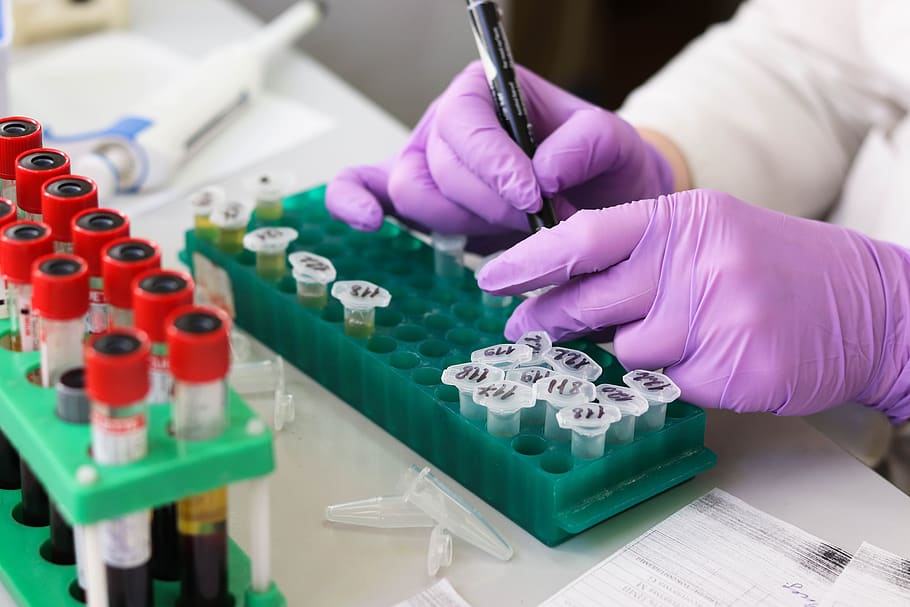Featured
Restoring trust in the Covid-19 supply chain market
How South African firms and government can safeguard against corruption in procurement, distribution and administration of vaccines.
Share
- Click to share on X (Opens in new window) X
- Click to share on Facebook (Opens in new window) Facebook
- Click to share on LinkedIn (Opens in new window) LinkedIn
- Click to email a link to a friend (Opens in new window) Email
- Click to share on Reddit (Opens in new window) Reddit
- Click to share on WhatsApp (Opens in new window) WhatsApp
- Click to share on Pinterest (Opens in new window) Pinterest
South Africa’s tragic reality is that to date, the checks and balances required to implement successful procurement, distribution and administration plans have all too often been ignored.
Muhammad Ali, CEO of WWISE, an ISO training, consulting and implementation specialist, says he is all too aware of South Africa’s questionable track record in this regard.
“If the procurement process is not independently audited, most of the tenders are awarded to companies that have employees in the public sector who have a personal advantage of being awarded the tender,” he says.
“The full legal requirements of the tender requirements are not always aligned, such as a valid tax clearance, or accredited BBBEE certificate and even unaccredited ISO Certifications.”
The fact is, most organisations do not have quality controls in projects aligned to ISO 9001, the standard that defines the requirements for a quality management system.
“There is poor quality in verifying documents and reports and validating the actual design,” says Ali. “This can cause sub-standard work, which can impact clients requiring services. Often legal requirements are simply bypassed.”
South Africa needs to change its thinking in terms of certifications, particularly when it came to an issue like vaccines.
“Laboratories need to consider accreditation with South African National Accreditation System (SANAS) or Southern African Development Community Accreditation Services (SADCAS) to ISO 17025 (testing and calibration of medical laboratories) and/or ISO 15189 (quality management competency for medical laboratories).
“This justifies that the laboratory providing tests and research on the vaccines are following the correct methodologies with no shortcuts on quality control,” says Ali.
In terms of eliminating corruption within the various systems, ISO 20400 Sustainable Procurement is key.
This provides guidance to organisations, independent of their activity or size, on integrating sustainability within procurement,
Ali says: “ISO 20400 Sustainable Procurement is aligned to the Public Financial Management Act. No ISO management system will be effective if the legal requirements are not embedded in the policies and procedures of the organisation’s systems.”
Another important apparatus is ISO 37001, which specifically is designed to tackle bribery. It assists an organisation to identify and mitigate weaknesses with extra controls “whether they are automated or verified and validated by two independent bodies which are alternated regularly”.
Traditionally, the medical industry has been strict in respect of medical devices and ensuring these meet international standards.
ISO 13485 Quality Management in Medical Devices is the most common medical device quality management standard regulatory standard in the world.
Ali says: “The South African Health Products Regulatory Authority (SAHPRA), Health Professional Council of South Africa and South African Pharmacy Council, along with the department of health and all its subsidiaries, have made it clear to any organisation looking to trade with the public or private sector the ISO 13485 is a pre-requisite before a licence is obtained for PPE and your laboratory is accredited to ISO 17025 and ISO 15189.”
He says he cannot stress enough that entities implementing ISO management systems should not see them as a cost, but an investment that allows for a structured approach in doing business. “In turn a culture of quality will be embedded among the employees and suppliers and expectations will increase among clients. That drives continual improvement.”
Share
- Click to share on X (Opens in new window) X
- Click to share on Facebook (Opens in new window) Facebook
- Click to share on LinkedIn (Opens in new window) LinkedIn
- Click to email a link to a friend (Opens in new window) Email
- Click to share on Reddit (Opens in new window) Reddit
- Click to share on WhatsApp (Opens in new window) WhatsApp
- Click to share on Pinterest (Opens in new window) Pinterest
Pages: 1 2
| Thank you for Signing Up |


















